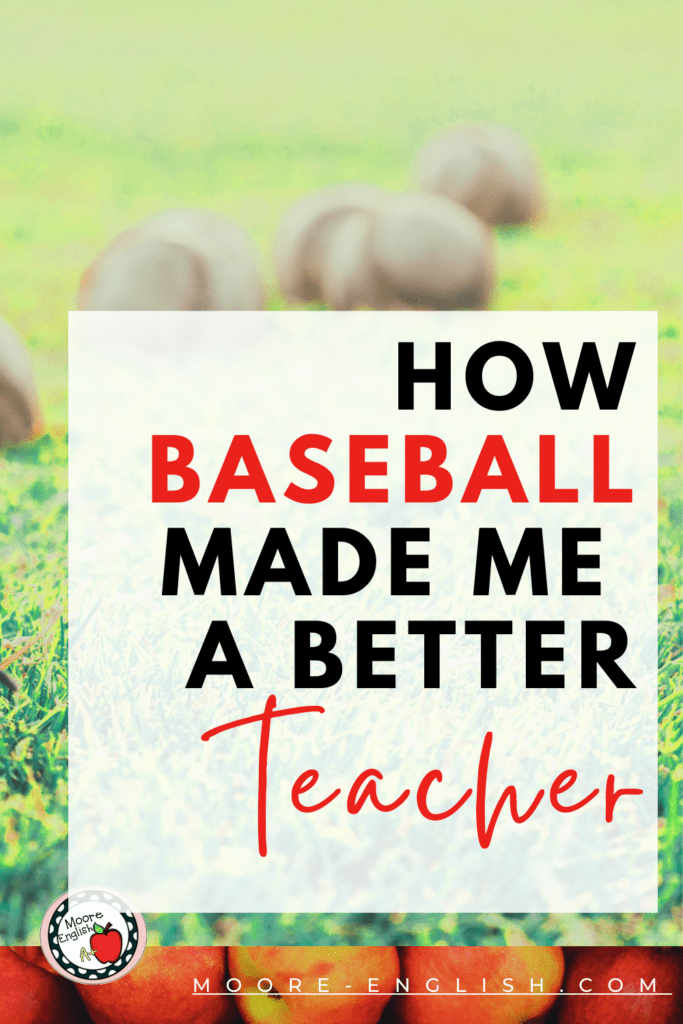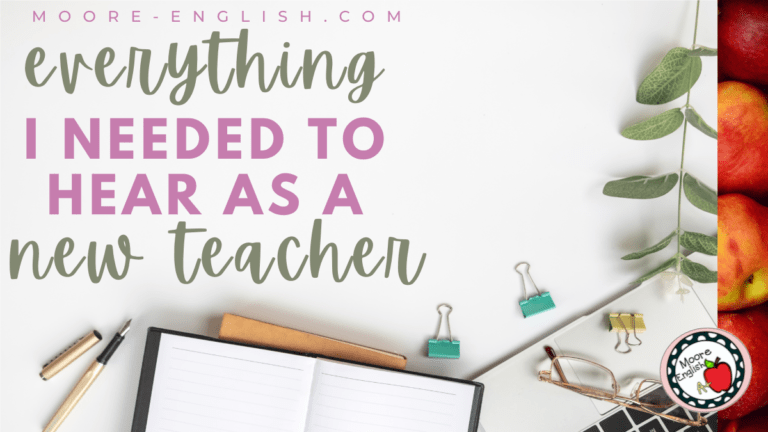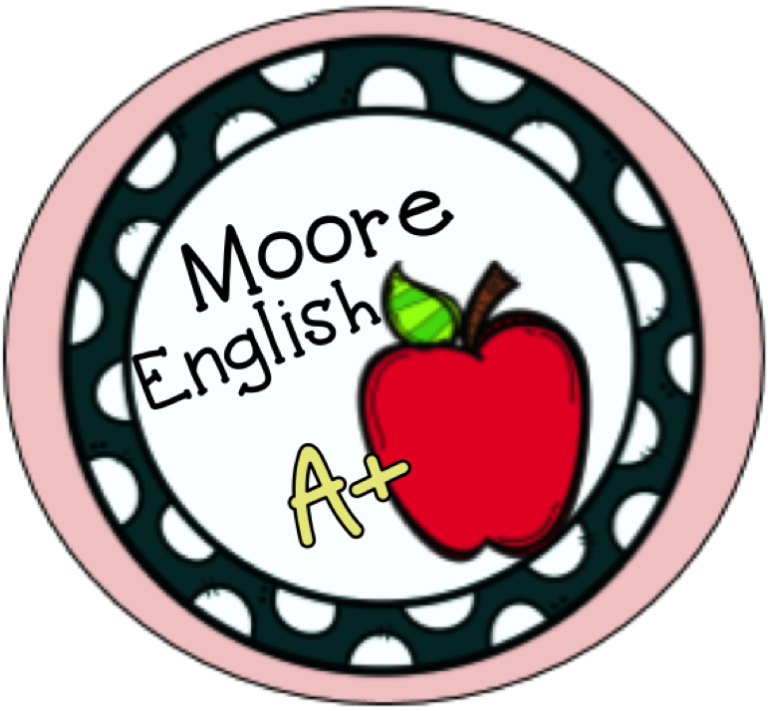Baseball is one of my great loves: from the hot dogs to the improbable catch to the weird stories and bizarre superstitions, I love it all. Because I wanted students to know I have interests outside of school, I chose The Shift by Russell A. Carleton as my in-class silent reading book earlier this year.
When I started reading, I expected some anecdotes about colorful coaches, playoff pushes, and fans streaking across Fenway Park. I did not expect to read the book as anything other than a baseball fan. Perhaps because I was reading in my classroom or perhaps because it’s nearly impossible to turn off my teacher brain, I found myself repeatedly connecting The Shift to teaching.
This post this post may contain affiliate links. Please read the Terms of Use.
Baseball as Collaborative Endeavour
First, baseball is a team sport in many ways, but it’s also a test of individuals. Some excel at fielding the ball, others are excellent behind the plate, and still others can throw a ball 100 mph and hit just the right place.
Education is similar in that a school represents a united group of individuals. Some teachers are excellent at building relationships, others are better at assessment design, and still others are curriculum and content experts. In baseball, managers have to balance the strengths of individual players to create the greatest team. The same is also true in education.
However, there is a key difference between baseball and teaching. In baseball, the focus is always on competition. While education certainly has competitive elements, schools and teams are at their best when they focus on collaboration and professional development.
With all this in mind, it’s important for teachers and other educational leaders to consider how to minimize competition and combativeness in favor of emphasizing collaboration and collective growth.
Baseball Statistics are Another Kind of Assessment Data
Since the Moneyball era, statistics have become ubiquitous in baseball. The same thing happened in education in light of No Child Left Behind. In both cases, the rise of data has come with no shortage of controversy.
In both situations, the goal is to evaluate “what strategies have the least negative or highest expected value.” In baseball, the goal is to field a championship team. However, in education, the purpose of data is complicated. Some will suggest that data measures a student’s abilities. That is reductive.
A more meaningful question might be: which strategies have the greatest positive impact on student growth? This is where formative assessment becomes increasingly important.
In The Shift, Carleton evaluates how baseball data can point out “icky strategies.” For Carleton, an “icky” strategy might be safe or traditional but might not elicit the greatest positive impact. That made me think about which educational strategies are similarly “icky.”
To answer this question, I turned to the work of John Hattie. Visible Learning for Teachers includes Hattie’s ranking of the effect sizes of 252 different factors that affect student learning. Using that information, teachers (like baseball managers) can evaluate which strategies make the greatest impact and which are “icky.”
Baseball Managers and Riding the Pine
Speaking of baseball managers, Carleton focuses on how managers wear many hats. Sometimes managers are chief strategists, but they are also sometimes parents, therapists, and travel agents. The same is true of teachers: we wear so many hats it’s impossible to name them all.
Furthermore, baseball managers also help develop team culture. Teachers also play an important role in developing building culture and classroom community. In developing dugout culture, baseball managers have to grapple with all of baseball’s unspoken rules. The same is true in education: how teachers handle and respond to education’s unspoken rules is an important part of building culture.
Staying Healthy
Additionally, managers also have to pay attention to the mental and physical health of their teams. Teachers also have to pay attention to their own health as well as the health of individual students and of the classroom or building as a whole.
In baseball, “the Grind” wears down players throughout the season, causing plate discipline and fielding to erode. The same is true in education. Unlike baseball, education is sometimes perfectly willing to create teacher martyrs and to uphold other dangerous myths at the cost of teachers’ health. As such, it’s important that teachers work to maintain their own health. It’s also essential that administrators and district leaders evaluate the educational system for ways to support teachers.
I’ve written quite a bit about teacher well being. Check out these related posts:
- Confessions of a Recovering Teacher Martyr
- The No. 1 Greatest Lie about Teacher Self-Care
- What I Learned in a Year of Sustainable Teaching
- What I’m Keeping from My Year of Pandemic Teaching
- Anti-Resolutions: What We Can Give Up in the New Year
- 3 Ways to Find Peace of Mind When the World is in Pieces
- Why Teachers Aren’t Candles and More Common Classroom Myths
Reflections on Social Justice
While much of The Shift was surprising, I was most surprised by the way it connected to social justice issues. In particular, two social justice issues stuck out to me:
- First, baseball has a lot of jargon, just like education. For new fans and new teachers, all this jargon can be overwhelming. At its worst, this kind of jargon can be a form of academic gatekeeping. With this in mind, how can teachers and other educational leaders change the language so that it welcomes rather than limits access?
- Second, baseball teams often make decisions based on tradition rather than based on the best data. Education is also responsible for making decisions based on tradition, often to the detriment of our Black students. For this reason, it’s important to evaluate school and classroom traditions to see where they could be doing more harm than good.
Last Thoughts
Finally, I was struck by Carleton’s assertion that “sometimes [baseball teams] do everything right and it doesn’t work.” The same is also true in education. In baseball, Carleton asserts that managers and owners “have to know how to do everything right so that sometimes it will work out.” However, in education, we know that it’s impossible to know it all. Instead, we know that it’s important to keep learning above all else.















